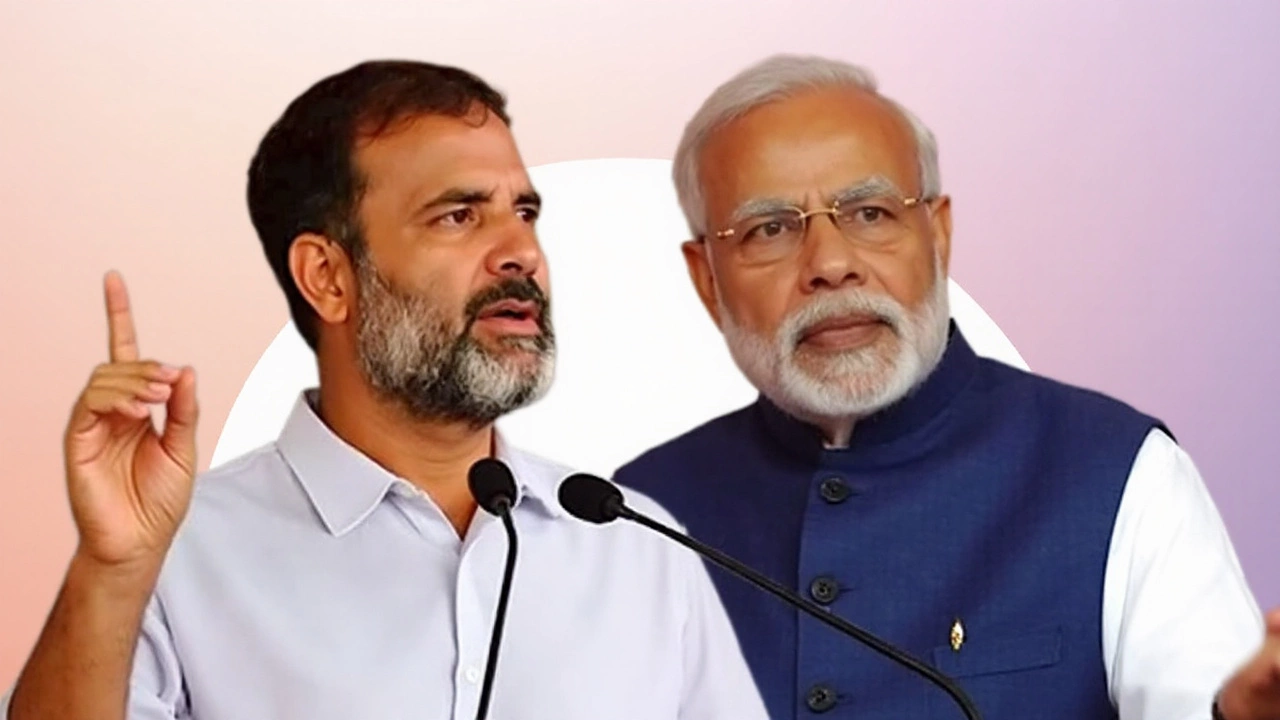Adani Investigation: Key Facts and Why It Matters
If you’ve seen headlines about the Adani Group lately, you’ve probably wondered what the investigation is really about. In plain terms, regulators are looking into whether the giant Indian conglomerate followed the rules when it raised money, bought assets, and reported its finances. The probe covers a range of companies that belong to the Adani family, from ports to power plants.
Why should you care? First, the Adani Group is one of the biggest names on the Indian stock market. Any finding that shakes investor confidence can move share prices fast. Second, the investigation touches on foreign investment rules, so it could influence how overseas funds view Indian companies. Finally, the outcome might set a precedent for how other large firms are monitored.
What Triggers an Investigation?
The authorities started looking into Adani after a short‑selling report raised questions about the way the group financed its rapid expansion. Regulators asked for details on loans, related‑party transactions, and the accuracy of financial statements. They also want to see if any offshore entities were used to hide debt or shift profits. In short, they’re checking whether everything was done above board.
It’s not unusual for big companies to face scrutiny, especially when they grow fast. What makes this case different is the scale of the Adani empire and the global attention it has attracted. A few weeks after the report, the Securities and Exchange Board of India (SEBI) and the Directorate of Enforcement (ED) announced formal inquiries.
Potential Impacts on Investors and the Market
For anyone holding Adani stocks, the biggest question is how the market will react. In the past, similar probes have led to sharp drops in share prices, followed by periods of volatility. Some investors may decide to sell to avoid further risk, while others might see it as a buying opportunity if they think the shares are undervalued.
Beyond stock prices, the investigation could affect the group’s ability to raise fresh capital. Banks and bond investors often require a clean compliance record. If the findings are serious, lenders might demand higher interest rates or impose stricter covenants.
On the wider economy, a major corporate probe can influence confidence in the market. Foreign investors watch these developments closely, and a negative outcome could make them more cautious about putting money into Indian equities.
What can you do right now? Keep an eye on official statements from SEBI, the ED, and the Adani Group itself. Look for updates on the specific companies involved, because the impact can vary across the group’s many businesses. If you own shares, talk to your broker about risk management strategies. And if you’re not a shareholder, stay informed – the news could affect related sectors like shipping, energy, and infrastructure.
Bottom line: the Adani investigation is a big story that touches finance, regulation, and market sentiment. While the final outcome is still uncertain, the process itself is already shaping how investors think about risk and transparency in large Indian conglomerates.
Rahul Gandhi Says Modi Silent on Trump Tariffs Due to Adani US Probe
Rahul Gandhi says PM Modi is unable to respond to Trump's tariff threats because of a US investigation into Adani. The Adani group faces charges of bribery and illegal trade, which they deny. Trump warned of higher tariffs due to India's Russian oil trade, sparking criticism of Modi's foreign policy.
VIEW MORE